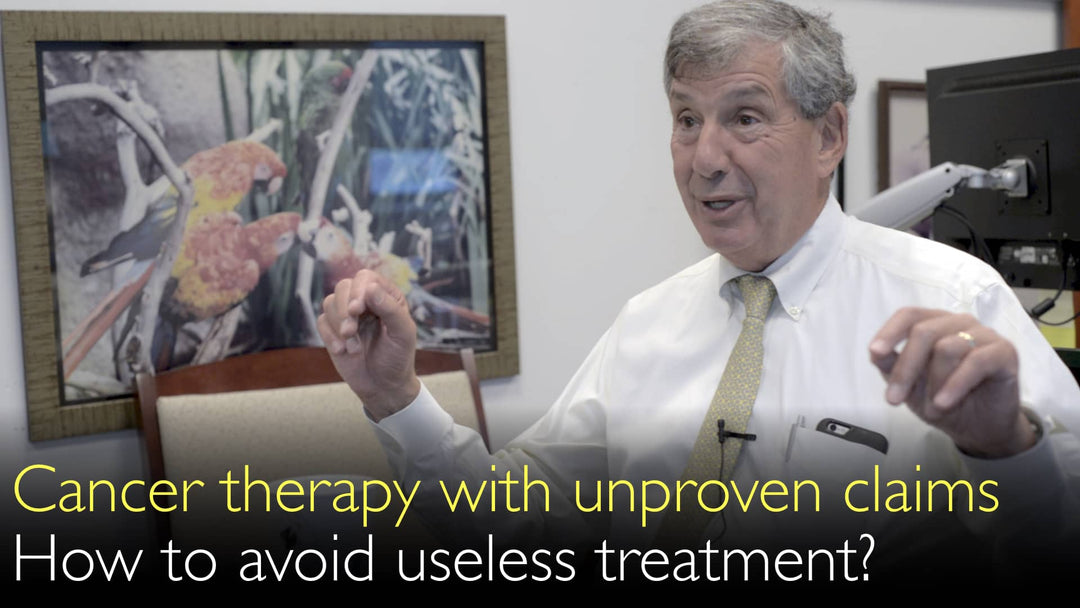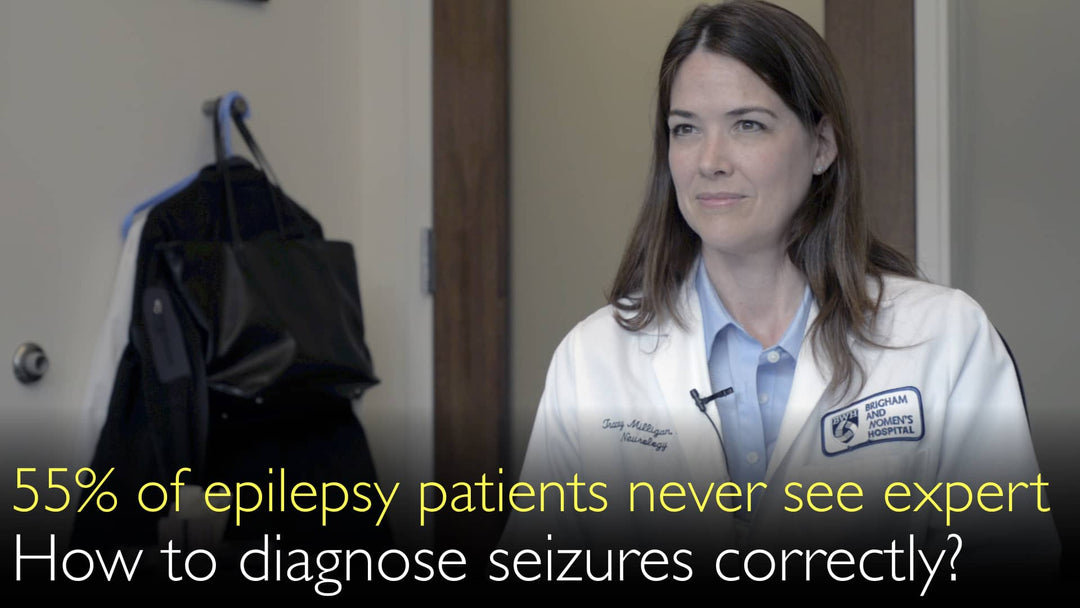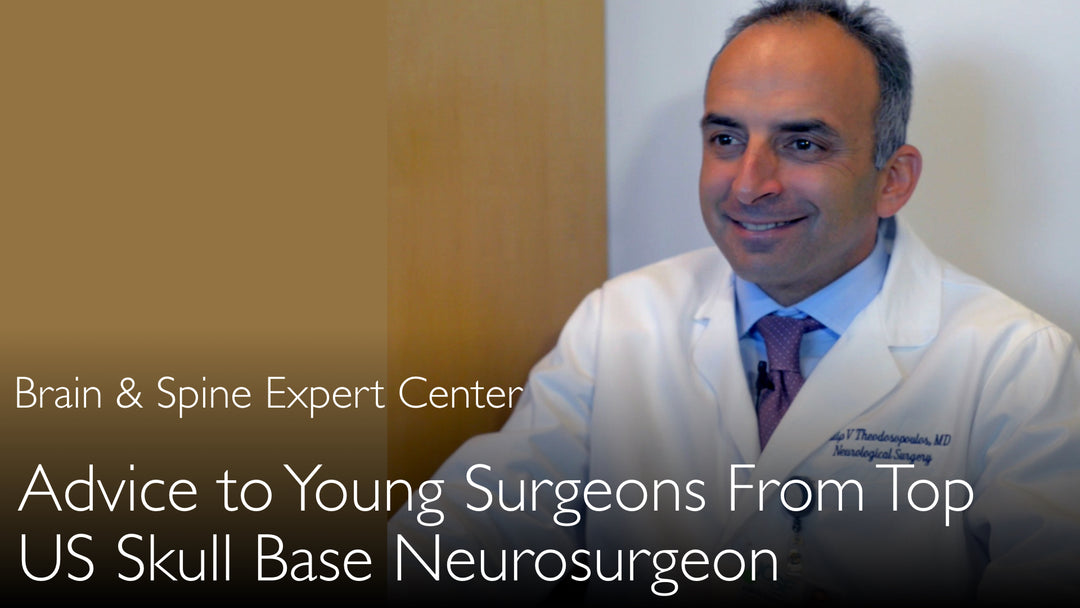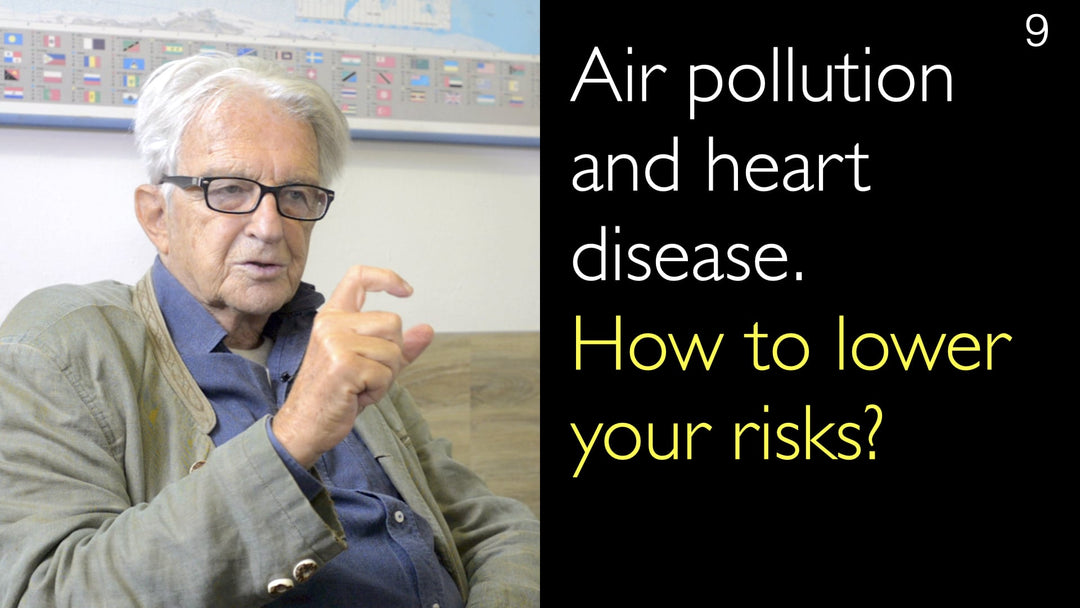Leading expert in oncology and pharmacology, Dr. Bruce Chabner, MD, explains how patients can avoid ineffective and dangerous cancer treatments by seeking information from reputable online medical sources and international expert reviews to verify the quality and efficacy of cancer medications and immunotherapy options.
How to Identify and Avoid Unproven Cancer Treatments
Jump To Section
- Unproven Cancer Therapy Risks
- Global Medication Approval Disparities
- Immunotherapy Treatment Cautions
- Reputable Online Information Sources
- Verifying Treatment with Expert Reviews
- Strategies to Avoid Ineffective Treatment
- Full Transcript
Unproven Cancer Therapy Risks
Desperate cancer patients worldwide are frequently targeted with offers of unproven or fake cancer treatments that are advertised as safe and potentially effective. Dr. Bruce Chabner, MD, emphasizes the critical importance of patient vigilance when evaluating these therapies, as they often lack rigorous scientific validation and can pose significant health risks. These unproven treatments may delay access to evidence-based care, potentially allowing the cancer to progress.
Global Medication Approval Disparities
Dr. Bruce Chabner, MD, highlights a key challenge in cancer care: the approval process for cancer medications varies significantly between countries. While the US FDA maintains a stringent review system, other regions may approve therapies through less rigorous processes, leading to a non-uniform global landscape of available cancer drugs. This disparity means that some effective treatments available in one country might not be accessible elsewhere, and conversely, some medications used overseas are not utilized in more regulated markets due to insufficient evidence.
Immunotherapy Treatment Cautions
Immunotherapy presents a particular area of concern regarding unproven cancer treatments. Dr. Chabner points to specific locations, like Cuba, where a heavy emphasis on certain cancer immunotherapies exists, despite a lack of robust clinical data supporting their efficacy. Dr. Anton Titov, MD, and Dr. Bruce Chabner, MD, agree that pursuing such unvalidated immunotherapy can be dangerous, as it may actively detract a patient from receiving the correct, potentially life-saving standard of care treatment for their specific cancer type.
Reputable Online Information Sources
A primary defense against ineffective cancer therapy is seeking information from reputable public online sources. Dr. Bruce Chabner, MD, strongly advocates for patients to use the internet wisely to research their options, as this is a powerful tool for verifying treatment claims. Consulting multiple expert sources from different countries can help patients hedge their risks and make more informed decisions about their care, rather than relying on a single, potentially biased opinion.
Verifying Treatment with Expert Reviews
Dr. Chabner provides a concrete example of a trustworthy resource: the cancer journal *The Oncologist*, which he edits. This publication receives a million hits annually, with a substantial portion coming from lay cancer patients searching for expert review articles. These reviews synthesize current evidence to outline what the best cancer treatment might be for a given diagnosis, offering patients a reliable way to cross-check the recommendations they receive from their local physicians or clinics offering novel therapies.
Strategies to Avoid Ineffective Treatment
The consensus from the discussion between Dr. Anton Titov, MD, and Dr. Bruce Chabner, MD, is that a multi-source verification strategy is essential for avoiding distraction by ineffective cancer treatments. Patients should actively seek second opinions and consult international expert reviews to validate any treatment plan, especially those involving newly approved or alternative medications in their region. This diligent approach helps ensure that patients pursue therapies with proven efficacy and avoid the dangers of unproven and potentially harmful cancer treatments.
Full Transcript
Dr. Anton Titov, MD: Unproven or fake cancer treatments are offered to desperate patients around the world. Eminent cancer expert discusses how to be vigilant in seeking cancer therapy. Many cancer patients around the world are offered unproven cancer treatments. Bad cancer therapy is advertised as "safe and might work".
Such treatments are sometimes approved locally. Approval is done by a less rigorous process than the US FDA has.
What can help patients to make better judgments about cancer treatment options? How to find effective cancer medications?
Dr. Bruce Chabner, MD: The kind of things that you are doing can help. Going to the internet and seeking public sources of information are very important. You are correct. Worldwide there are different criteria to approve cancer medicines. Different cancer medications are available to patients living in different countries.
Some of the cancer medicines we have here are not available overseas. Others anti-cancer medications are not used here. It is true particularly in the field of immunotherapy, for example.
Sometimes you go to Cuba. You get a very heavy emphasis on cancer immunotherapy. We think some cancer immunotherapy is unlikely to work. It may detract a patient from getting the correct cancer treatment. Immunotherapy may move you away from the appropriate treatment.
So yes, cancer treatment cancer medications quality isn't uniform. But here are sources online that tell you what the appropriate cancer treatment should be.
I edit a journal “Oncologist". This cancer journal gets a million hits a year. Many of them are from the lay cancer patients. They are looking for review articles. Review articles tell you what the best cancer treatment might be.
So that is a very good example. It is how cancer patients around the world are seeking the information. They are trying to get it from several medical experts. Experts work perhaps in different countries.
Dr. Anton Titov, MD: Different sources of information about cancer therapy can hedge your risks of getting the wrong treatment. They help to not be distracted by cancer treatments that might not be effective. Ineffective.
Dr. Bruce Chabner, MD: Correct, exactly!







